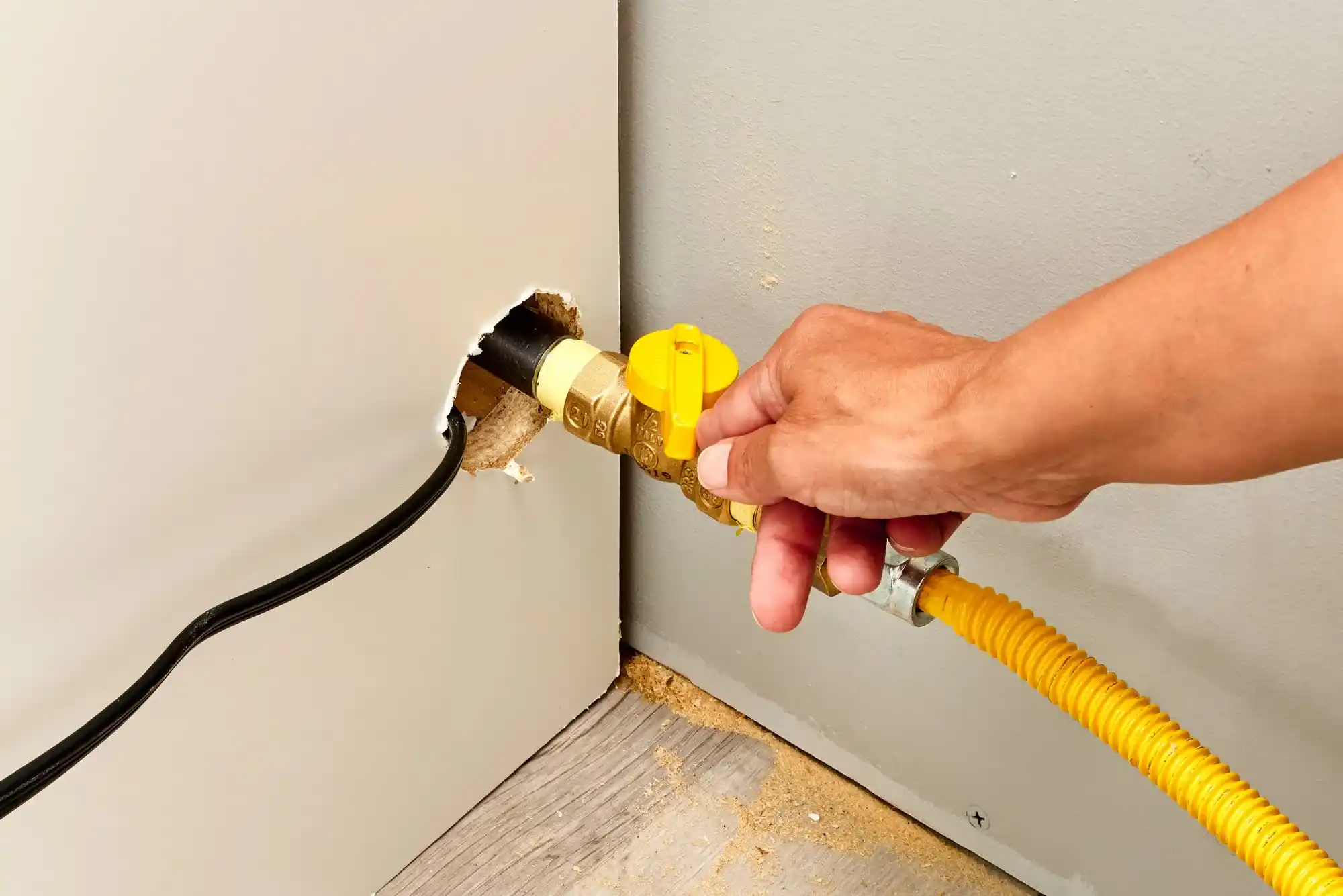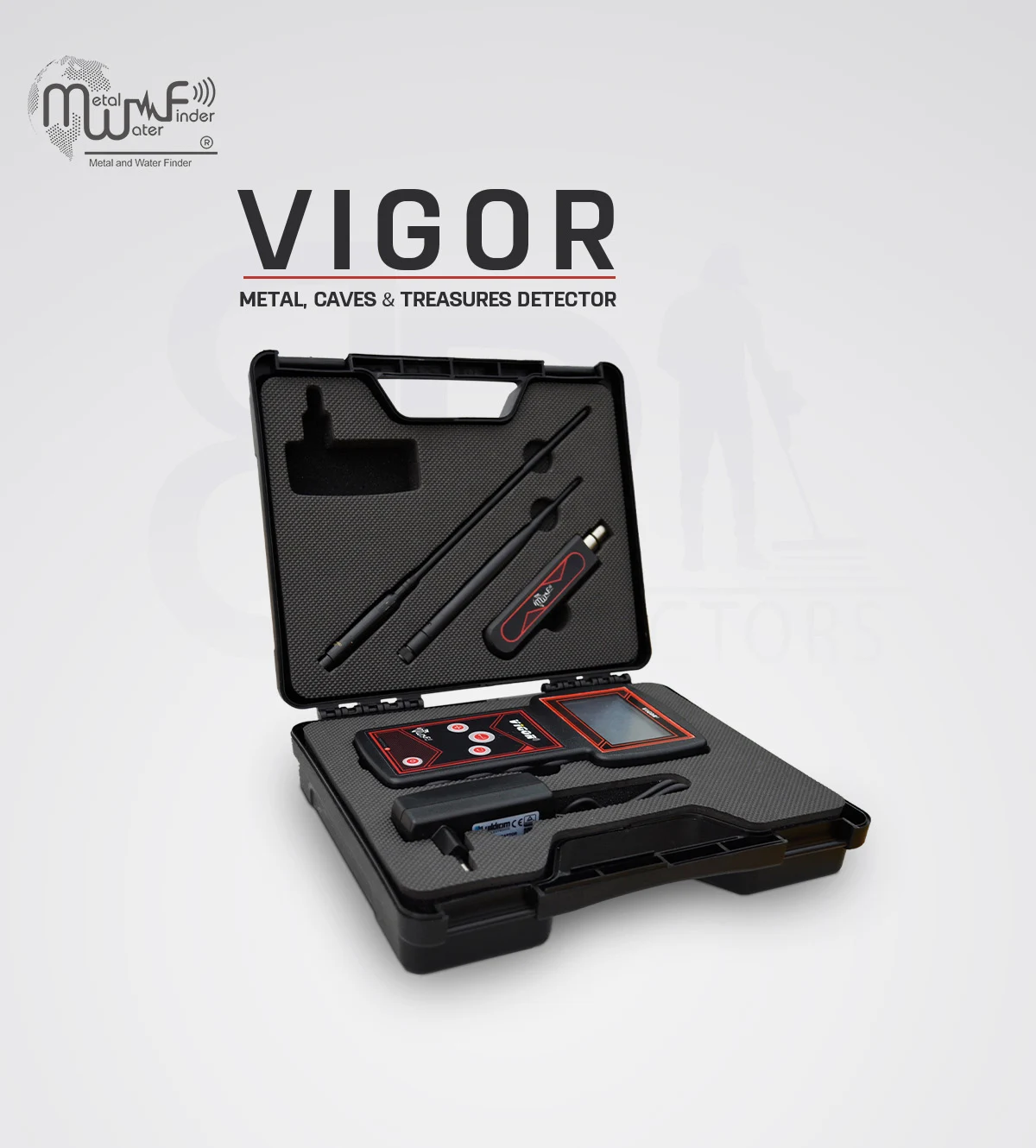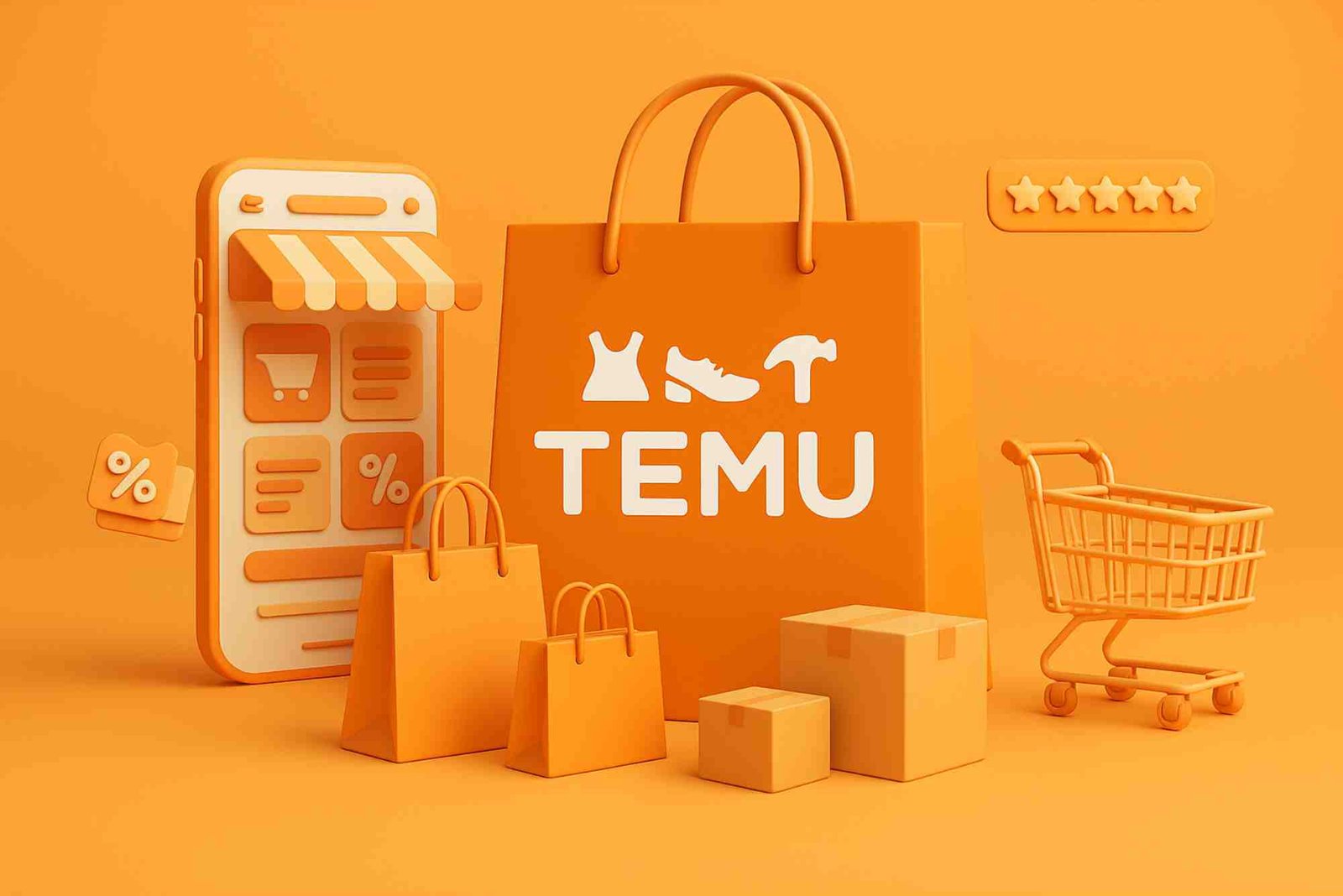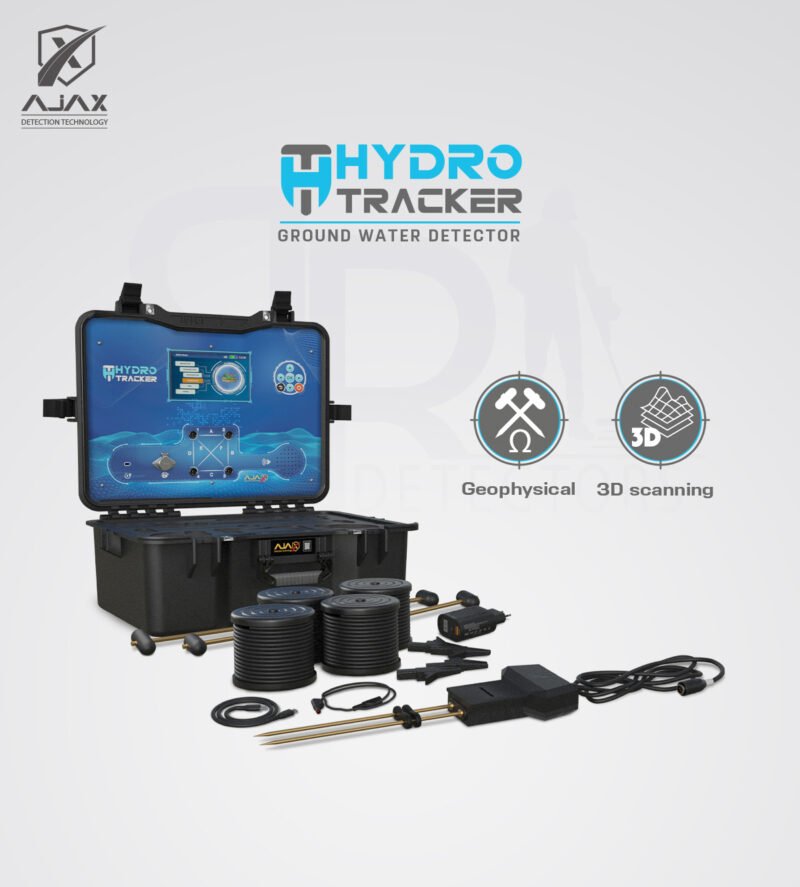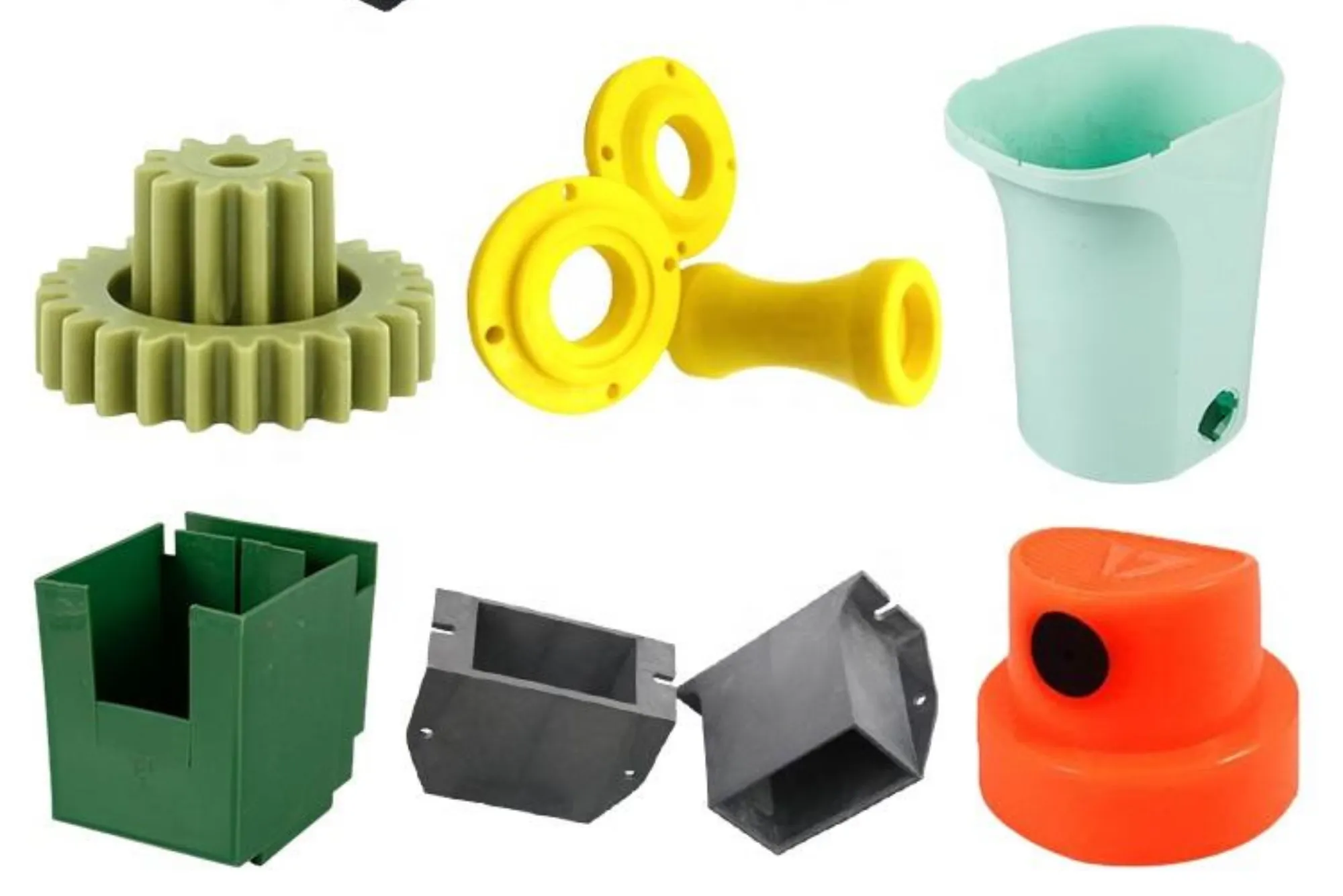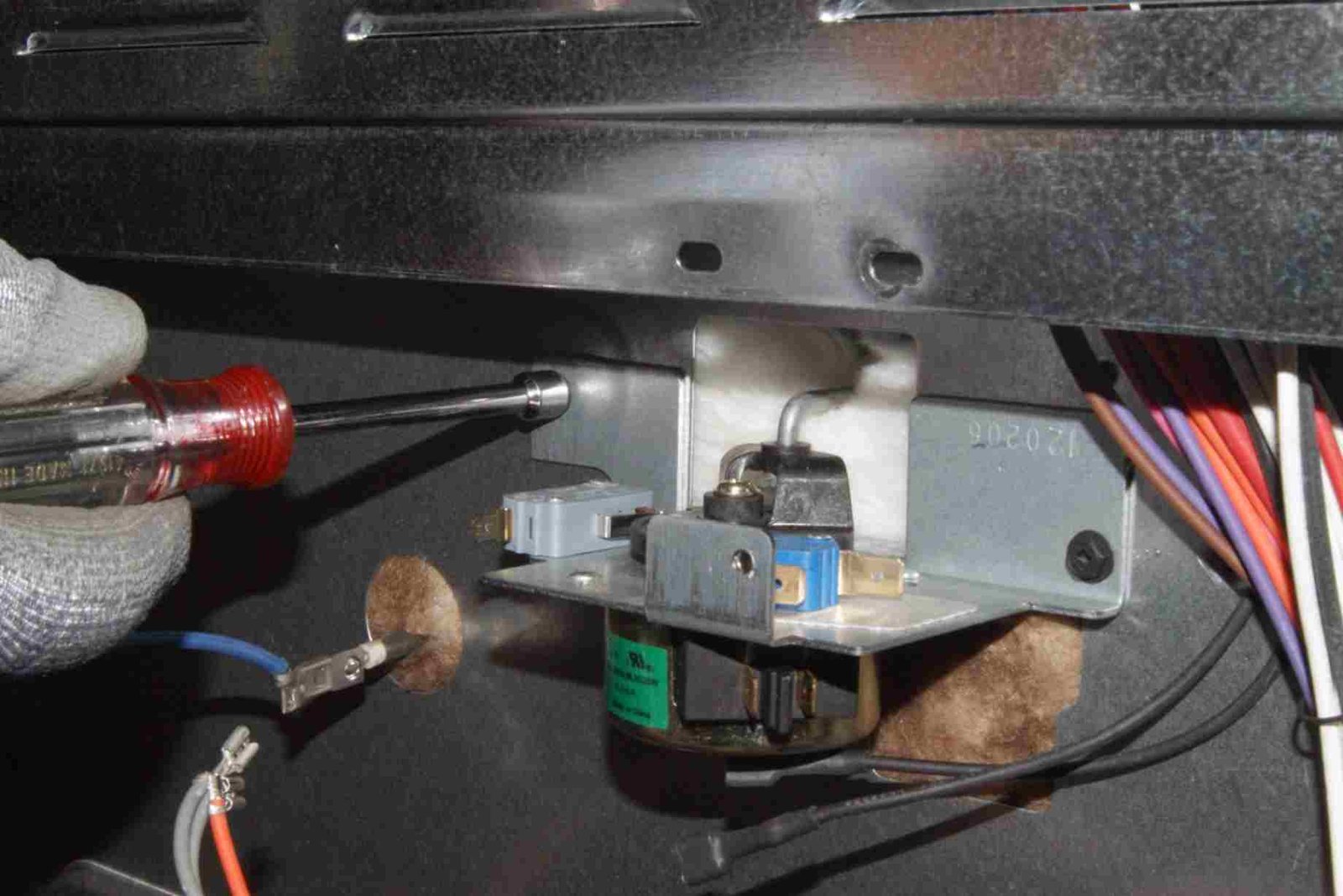The rise of cryptocurrencies has taken the financial world by storm, with millions of investors and traders turning to crypto trading platforms to buy, sell, and trade various digital assets. These platforms act as intermediaries between buyers and sellers, offering a wide range of features designed to meet the needs of both novice and experienced traders.
In this article, we will delve deep into the world of crypto trading platforms, exploring what they are, the features they offer, the different types available, and how to choose the right one for your trading needs. Whether you’re just starting out or looking to enhance your crypto trading skills, this guide has everything you need to know.
What is a Crypto Trading Platform?
A crypto trading platform is a digital marketplace where users can trade various cryptocurrencies such as Bitcoin, Ethereum, and altcoins. These platforms allow users to exchange their digital assets for fiat currencies (like USD, EUR, etc.) or for other cryptocurrencies. The platform operates as a middleman, ensuring that the transactions between buyers and sellers are secure and efficient.
Crypto trading platforms often provide additional features like price charts, market analysis tools, and customizable user interfaces to cater to different levels of traders. In addition to buying and selling, many platforms also allow users to store their crypto in digital wallets.
Features of a Good Crypto Trading Platform
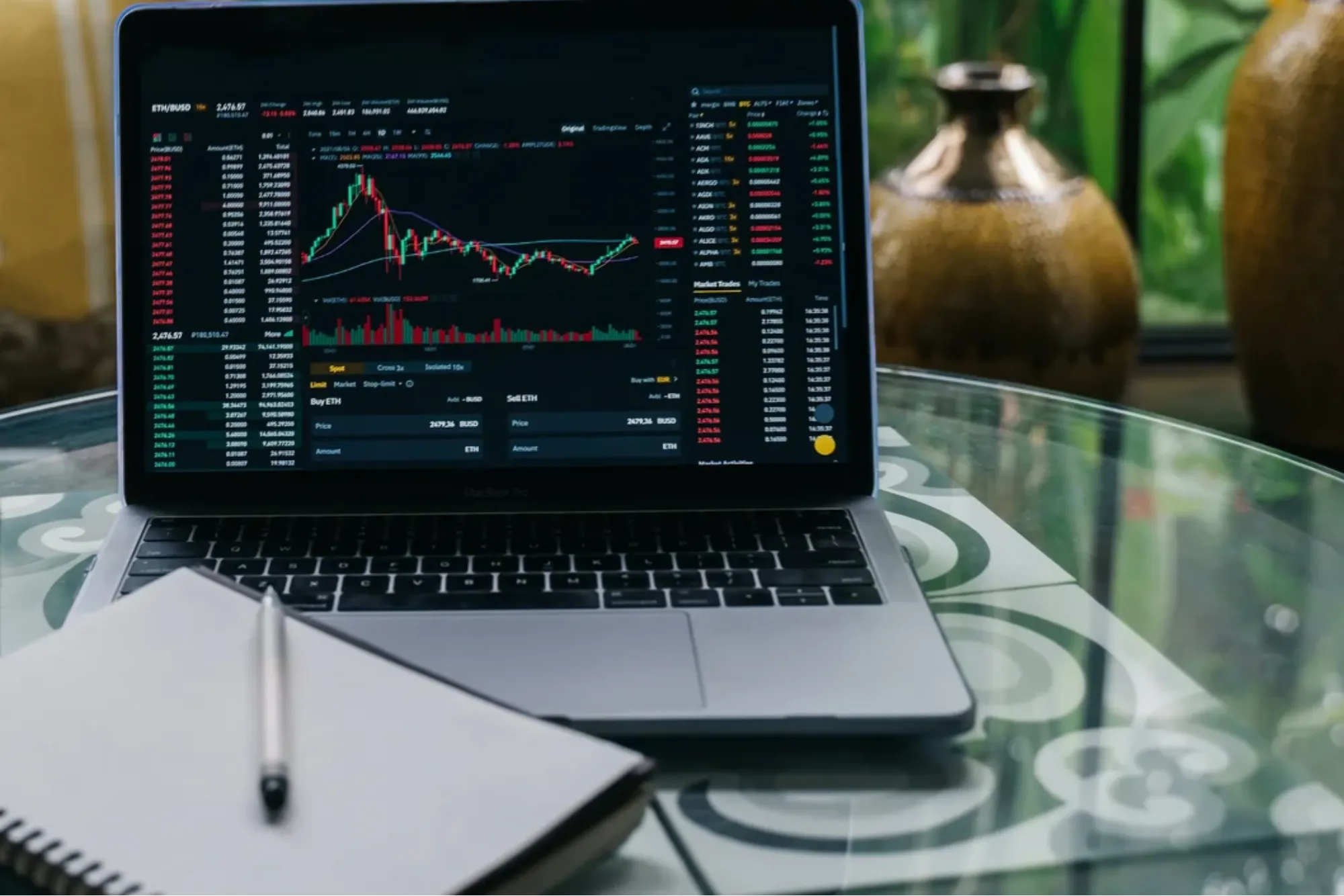
The success of your crypto trading experience largely depends on the platform you choose. A well-designed platform offers an array of features that streamline the trading process and provide users with security and confidence. Let’s explore some of the most important features to look for when selecting a crypto trading platform.
User-Friendly Interface
A simple, intuitive interface is crucial, especially for beginners. A cluttered, complicated layout can confuse users and lead to costly mistakes. Most top-tier platforms provide a user-friendly dashboard that allows for easy navigation, seamless order placement, and quick access to your portfolio and transaction history.
Security Measures
Security should always be a top priority when selecting a crypto trading platform. Given the decentralized nature of cryptocurrencies, they are often targets for hackers. A reputable platform should offer:
- Two-factor authentication (2FA)
- Cold storage for crypto assets
- Encryption protocols
- Regular security audits
Additionally, platforms with a history of being transparent about their security measures should rank higher in your selection process.
Supported Cryptocurrencies
Different crypto trading platforms support different ranges of cryptocurrencies. While Bitcoin and Ethereum are typically available across all platforms, some traders may want access to lesser-known altcoins. If you’re interested in diversifying your portfolio, it’s important to choose a platform that supports a wide variety of tokens and coins.
Trading Fees
Trading fees can significantly impact your profitability, especially if you engage in frequent trading. Platforms may charge:
- Maker fees (for adding liquidity to the market)
- Taker fees (for removing liquidity)
- Withdrawal fees
- Deposit fees
Compare the fee structures across various platforms to ensure that you’re not overpaying for services.
Liquidity
Liquidity refers to the ease with which you can buy or sell assets without affecting their price. A crypto trading platform with high liquidity ensures that there are always enough buyers and sellers in the market, reducing slippage and ensuring that your trades are executed promptly at favorable prices.
Customer Support
Good customer support is essential, especially if you’re new to the world of crypto trading. Platforms with 24/7 customer support through live chat, phone, or email can provide peace of mind, helping you resolve any issues that arise quickly.
Types of Crypto Trading Platforms
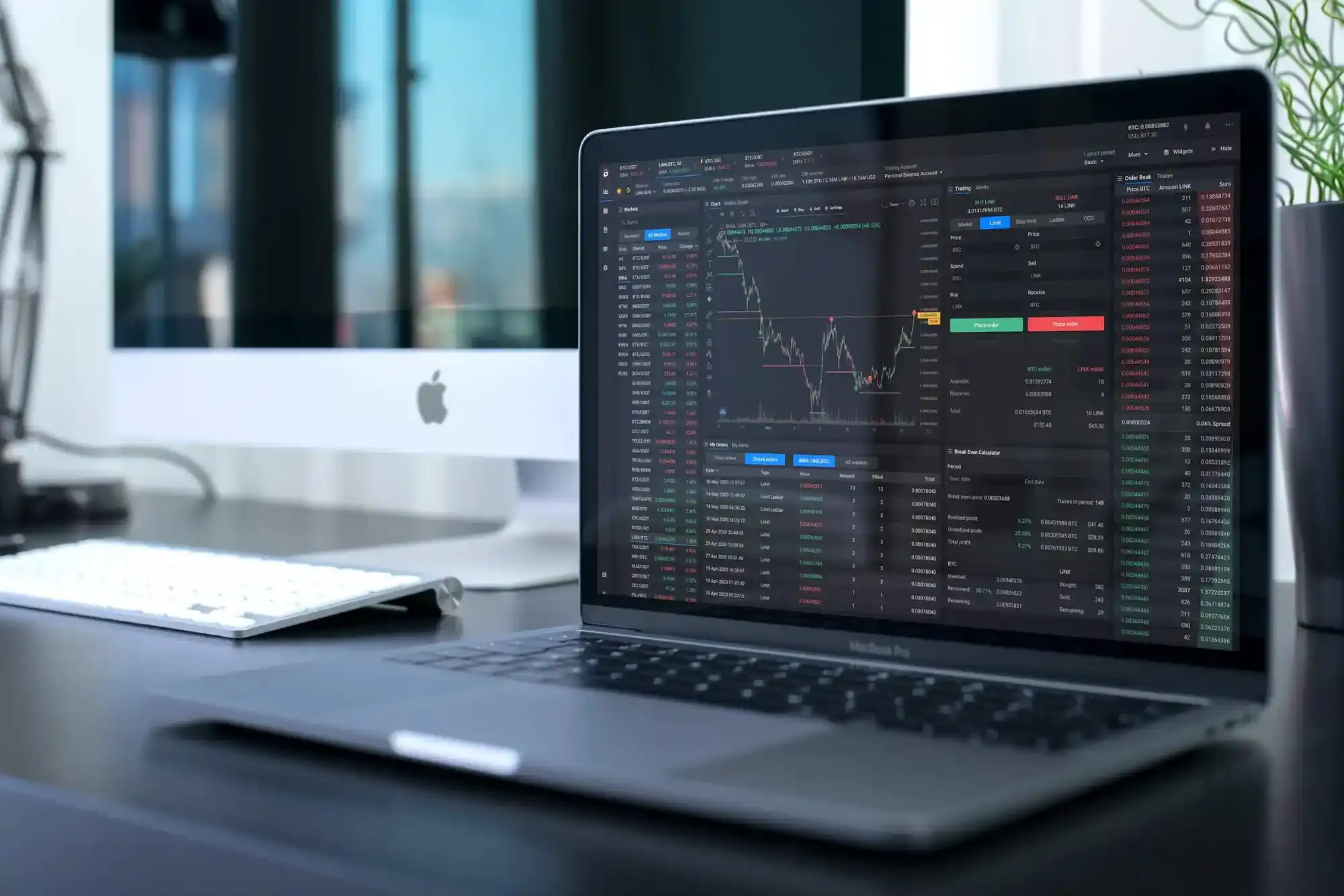
There are different types of crypto trading platforms designed to meet the varying needs of traders. Understanding these options will help you make an informed choice based on your trading goals.
Centralized Exchanges (CEXs)
Centralized exchanges are the most popular and commonly used type of crypto trading platform. These platforms are owned and operated by companies, acting as intermediaries between buyers and sellers. Some of the biggest names in the crypto space, such as Binance, Coinbase, and Kraken, fall into this category. These platforms offer high liquidity, advanced trading tools, and security features but often require users to go through KYC (Know Your Customer) processes.
Decentralized Exchanges (DEXs)
Unlike centralized exchanges, decentralized exchanges operate without a central authority. These platforms allow users to trade directly with one another, eliminating the need for an intermediary. Popular DEXs include Uniswap, PancakeSwap, and SushiSwap. They provide more privacy and control over your assets but may have lower liquidity and fewer trading pairs compared to CEXs.
Brokerage Platforms
Brokerage platforms, such as eToro and Robinhood, allow users to purchase cryptocurrencies directly from the platform rather than trading with other users. These platforms often offer a simplified experience for beginners, but fees can be higher, and you may not have full ownership of your crypto assets.
How to Choose the Right Crypto Trading Platform
Choosing the right crypto trading platform can be overwhelming, especially with the growing number of options available. Below are some key factors to consider when making your decision:
Security
As mentioned earlier, security should be your top priority. Always research the platform’s security protocols and check for any history of hacks or data breaches.
Supported Cryptocurrencies
Ensure that the platform supports the cryptocurrencies you want to trade. If you plan on trading less popular altcoins, make sure the platform you choose offers them.
Fees
Take into account the various fees associated with trading on the platform, including trading, deposit, and withdrawal fees. Compare these fees across multiple platforms to get the best deal.
User Experience
The trading experience should be smooth, whether you’re on a desktop or mobile app. Look for platforms that offer intuitive user interfaces, quick transaction times, and reliable performance.
Customer Support
Select a platform that provides responsive customer service. Look for 24/7 availability through various channels, such as email, live chat, or phone.
Liquidity
If you plan on trading large volumes or day trading, liquidity is an important consideration. A platform with high liquidity ensures that trades can be executed quickly and efficiently.
Popular Crypto Trading Platforms in 2024
To give you an idea of some of the most popular and reliable crypto trading platforms currently available, here’s a comparison table:
| Platform | Type | Supported Cryptocurrencies | Trading Fees | Security Features | Liquidity |
|---|---|---|---|---|---|
| Binance | CEX | 600+ | 0.1% | 2FA, Cold Storage | High |
| Coinbase | CEX | 200+ | 0.5% | 2FA, Cold Storage | High |
| Kraken | CEX | 100+ | 0.16% maker, 0.26% taker | 2FA, Cold Storage | Medium |
| Uniswap | DEX | 400+ | Variable | Decentralized | Medium |
| eToro | Brokerage | 30+ | Spread-based | Insurance, 2FA | Medium |
Common Challenges in Crypto Trading
Although crypto trading platforms provide immense opportunities, they come with their own set of challenges. Some common issues include:
Volatility
Cryptocurrencies are notoriously volatile, with prices swinging dramatically within short periods. This can result in substantial profits but also heavy losses.
Regulatory Concerns
The legal status of cryptocurrencies varies from country to country. Some governments are cracking down on exchanges, while others are imposing taxes or bans on crypto trading.
Technical Issues
Trading platforms may sometimes experience outages, leaving traders unable to execute trades during critical moments. Always have a backup plan in case your primary platform goes down.
Frequently Asked Questions (FAQs)
What is the safest crypto trading platform?
There’s no single “safest” platform, but leading platforms like Binance, Coinbase, and Kraken offer top-notch security features, including two-factor authentication and cold storage for assets.
How much money do I need to start crypto trading?
You can start with as little as $10 on some platforms, but the amount depends on the platform’s minimum deposit requirement and your financial goals.
Do I need a digital wallet to trade crypto?
Some platforms provide integrated wallets, while others require you to link an external wallet. It’s advisable to store your assets in a personal wallet for added security.
Can I trade crypto 24/7?
Yes, the crypto market operates 24/7, allowing you to trade at any time, unlike traditional stock markets.


